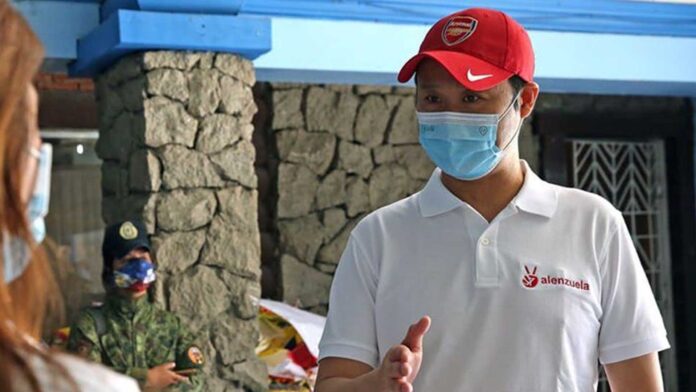Senator Win Gatchalian sounded the alarm on the low passing rates of the Licensure Examination for Teachers (LET) as he reiterated the need to improve the quality of teacher education and training in the country.
In a Senate panel hearing, Professional Regulation Commission (PRC) Board for Professional Teachers Chairman Dr. Rosita Navarro shared that from 2014-2017, the passing rate was 48.86 percent for first-time LET takers for the secondary level. At the elementary level, the passing rate among first-time LET takers for the same period was 30.65 percent. For both elementary and secondary levels, the passing rate was at 43.44 percent.
Last year’s passing rates were equally dismal. For elementary, the passing rate for those who took the LET in March 2019 was 27.29 percent and 31.34 percent for those who took the licensure exams in September 2019. For the secondary level, the passing rate for LET takers in March 2019 was 25.95 percent and 39.69 percent for those who took the September 2019 licensure exams.
“At the end of the day, what we want is better outcomes for our learners. Better outcomes come from better inputs, and teacher quality and teacher education are part of those better inputs,” said Gatchalian, Chairman of the Senate Committee on Basic Education, Arts and Culture.
Gatchalian recalled the results of the 2018 Programme for International Student Assessment (PISA), which revealed that among 79 countries, the Philippines ranked lowest in Reading Comprehension and second lowest in Science and Mathematics. The PISA results were released in late 2019.
For the lawmaker, the key to addressing teacher education woes is aligning teachers’ pre-service education with the needs of the Department of Education (DepEd), the biggest end-user of graduates of Teacher Education Institutions (TEIs). Pre-service education refers to teachers’ training before they become classroom teachers.
Gatchalian’s Senate Resolution No. 526 seeks to ascertain the challenges and limitations affecting the quality of teacher education and training and the performance of TEIs so that efforts can be directed towards strengthening the pre-service and in-service programs that are responsive to the demands of the 21st century.
A study by the World Bank Group and Australian Aid showed that except for English elementary teachers, the average elementary or high school teacher in the Philippines could correctly answer fewer than half of questions on subject content tests.
“DepEd has almost 85 percent of our students and close to 75 percent of our teachers. So my analysis is that if we fix and strengthen our public school system, we strengthen the entire country,” said Gatchalian.


